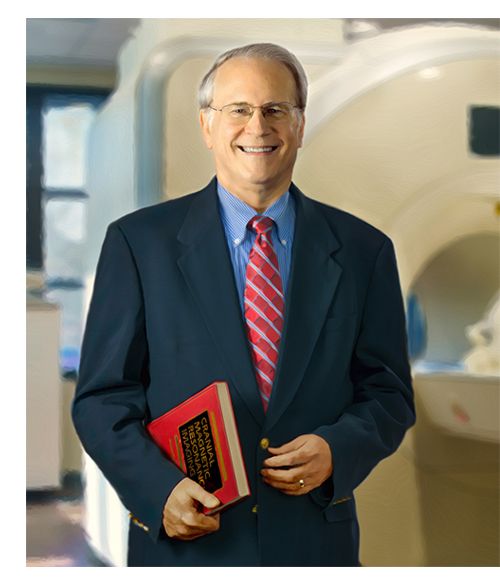- Joined
- Oct 6, 2019
- Messages
- 39
- Reaction score
- 47
Damn I’m reading more and more of these threads and it’s making me really nervous about starting Rads next year. Maybe I should have ranked anesthesia programs before the rads ones. How likely is it to transfer out as a PGY1 if your program is advanced?
Man that’s how you end up bitter like Cosine. As an M4 very excitedly applying Rads it took me some time to figure out that all of the hype is blabbered by non-radiologists. Notice how general their terminology is, “once AI can screen through the normals vs abnormal”. I’m sorry, what? Try to think just for one second how many algorithms that would entail, really think about it. Think about EVERY medical condition and it’s imaging findings you learned in med school. Now think about the plethora that you didn’t learn in med school. For Rads to be replaced or even “provide prelim reads like a resident” you are necessarily implying that it can identify (and correlate) any and all findings. Furthermore, that pancreatic cancer algorithm Google is developing needs to be able to interact well with the HCC algorithm IBM is producing, or else how are we gonna do this? Are the hundreds of companies independently working on their on AI going to merge? Is a hospital going to buy IBM’s lung AI and another company’s breast AI? I’m just a 4th year and these are some of the problems I can envision, imagine the ones an attending can.
My point is, jump in head first and don’t look back. Not choosing Rads out of some abstract fear that may or may not come to realization is a recipe for a life of REGRET. And I personally would rather retrain in 30 years than wake up one day and see that nothing happened, and that the NON-RADIOLOGISTS who have probably spent as much, if not LESS time in the reading room than you, were wrong.

